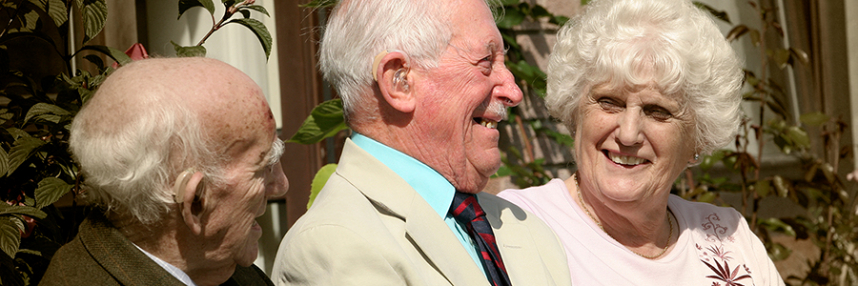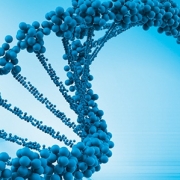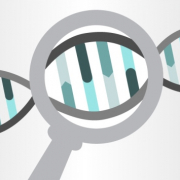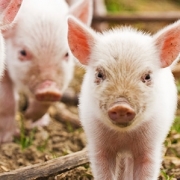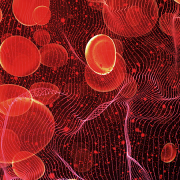The genomics of growing old: why do we age differently?
Studies of the genome and epigenetics are revealing influences that can extend or accelerate lifespan
Why and how humans age has long been a topic of medical interest, as previously outlined here. Recent major advances in our understanding of the mechanisms of ageing-related processes are shedding new light on the complex question of why we age differently.
Mapping genes associated with lifespan
Exhaustive investigations in yeast are yielding some interesting prospects. Scientists have identified 238 genes that, when removed, increased the lifespan of S. cerevisiae yeast cells; 189 of the genes had not previously been linked to ageing. Many of the anti-ageing pathways associated with these yeast genes also exist in humans.
The painstaking work involved examining nearly 5,000 separate yeast strains, each with a single gene deleted. By observing and recording the entire lifecycle of each strain and tracking how many ‘daughter’ cells were produced by a ‘mother’ cell before it stopped dividing, the researchers were able to spot which strains increased lifespan.
The researchers identified one gene (LOS1) that, when deleted, robustly extended cellular lifespan. LOS1 is influenced by the mTOR (mammalian target of rapamycin) protein, a genetic master switch associated with links between caloric restriction and extended lifespan. LOS1 in turn influences the GCN4 gene that helps govern DNA damage control linked to ageing. Scientists think the LOS1 gene might be connecting these different processes associated with ageing.
Epigenetics: genetics and the environment
The effect of the environment on our genes and how this influences health and ageing is gradually being revealed through epigenetics, mechanisms via which external influences affect how the genome is used in our cells. A recent study associated cigarette smoking and heavy alcohol use with epigenetic changes in DNA thought to reflect accelerated biological ageing.
The team analysed patterns of DNA methylation, a molecular modification of DNA that affects when and how strongly a gene is expressed. In previous studies, the University of Iowa scientists had identified two specific locations in the genome at which methylation levels were highly associated with smoking and alcohol consumption and were a better measure of substance use than people’s self-reported estimates.
In the new study, these methylation levels were used as proxy for tobacco and alcohol consumption. Each person’s biological age was determined using a previously validated epigenetic ‘clock’ based on the methylation levels at 71 locations in the genome. The difference between biological age and chronological age was then determined and the relationship with tobacco and alcohol on premature ageing was assessed. All levels of smoke exposure, including low levels, were associated with accelerated biological ageing. However, moderate alcohol use was associated with the healthiest ageing, while very low and high alcohol consumption correlated with accelerated ageing.
Looking ahead, the researchers want to unravel the details of how methylation patterns change in response to lifestyle changes during the course of a lifetime. This could ultimately aid decisions on how to best use health resources to promote healthy ageing and prevent disease.
Where now?
As researchers delve into the genomics of ageing, the complexity seems to increase. There is not likely to be a ‘eureka’ moment – despite claims of new anti-ageing gene therapies – but they are beginning to unravel some of the biological mechanisms behind ageing and the important role of the epigenome.
–


